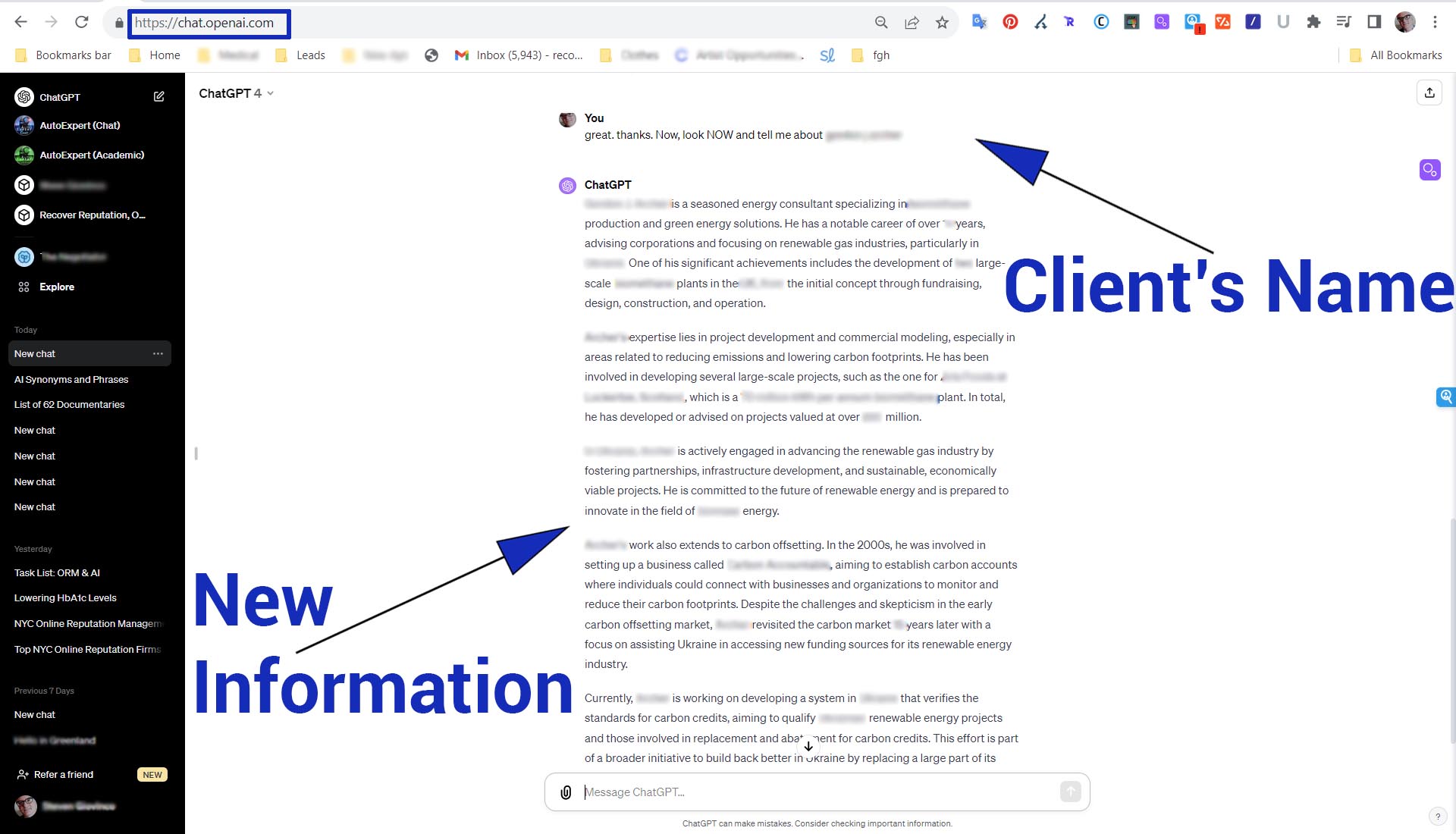Last Updated on August 10, 2023 by Steven W. Giovinco
Ways Your Reputation Can be Hurt by Working With the Wrong Firm, and 5 Ways to Spot Problems Before They Start
The Case of Bell Pottinger, Ex-PR Firm
Bell Pottinger could have used some of its own reputation services. They were a high-flying P.R. firm based in London–“the global capital of reputation laundering,” as The Evening Standard put it a few years ago–catering to foreign governments and powerful clients.
Reading like an episode from The House of Cards, according to a lengthy front-page New York Times article, the firm imploded after tainted connections to South Africa political reputation manipulation. The crash, brought down by business hubris of money and power, had rippling effects.
When the firm went down, it brought down some of their clients. This inadvertently tarnished the reputations of those they worked for. This is never good.
Buying Followers From Devumi Ruins Clients
Or take the case of Devumi, the social media firm that sells Twitter followers and retweets for businesses and celebrities or anyone wanting to appear more popular online.
In the world of instant reputation building, where the number of followers helps determine promotional fees or business deals, buying fake followers has become the Emperor’s new clothes.
However, when the false followers were revealed, as profiled in another excellent New York Times article, the negative impact was (rightly) harsh: brand trust was lost; deals evaporated; endorsements disappeared. This all causes online reputation damage to the clients.
What if A Reputation Firm Needs Their Own Reputation Management
So, what if your online reputation firm needs its own online reputation repair? Or if your web presence is actually being damaged when you thought it was being repaired?
Working with the right reputation firm is crucial for the obvious reason–to repair or build your online reputation. But of course, it certainly should not make the problem worse.
Here are a few ways your reputation can be hurt by working with the wrong firm, and ways to spot problems before they start.
Their Failed Reputation Could Ruin Yours
When an online reputation management or P.R. firm goes down after being uncovered as purveying unethical repair solutions, they can take their clients down with them. When the firm is the news for bad behavior, most likely the client’s names will come out too. Any mention of this or being associated with negative activities further blemishes the client’s reputation.
Also, being uncovered as a buyer of followers, as mentioned in Devumi’s article, leads to a damaged online reputation. And because of greater awareness by clients and businesses, they might uncover their own fake accounts, bot activity, or poor quality content.
Avoid Black Hat Solutions; Work with Honest and Transparent Companies
Never buy followers, create fake accounts or use bots. Also, don’t work with firms that do this on your behalf. Sometimes it can be hard to detect if firms are engaged in this activity, so ask them directly. A tip-off is if they say they have dozens, hundreds, or thousands of “proprietary sites” or followers to post articles on. In reality, while this might sound impressive, they are using “link farms,” or are bots, most likely sourced overseas. This is considered “black hat”. Don’t work with them.
Here’s how to find reputable P.R. or reputation management consultancies to avoid problems.
1. Do a Simple Google Search
Before working for an online reputation or P.R. organization, simply search for them online and look for problems. This could be legal documents representing lawsuits, negative comments on Yelp, poor reviews on other platforms, damaging press articles, etc.
Note, however, this is not foolproof since they could be using their own repair services to suppress negative links off the first page. So look deeper, going to page two, three, and four or more of Google searches.
Also, be on the lookout for poor-quality content or unimportant platforms. If little positive information comes up, be suspicious.
2. Read Their Blogs
Next, read some of their recent blogs. If they don’t have any, or the posts are months old, move on to someone else.
If there are blogs, review them for quality. Are they well-written or include grammatical or other errors? Do they cover unique topics or are they run-of-the-mill and vague? Do they appear like they were translated or that English is a second language? Are the blog posts long and detailed or shallow and basic?
Since blogs are one of the most powerful online repair techniques, much can be gleaned from a reputation firm’s approach to their own blogs, and can give insights into what they might do for you.
3. Review Their Social Media Accounts
Be on the lookout for bots and fake accounts on their own social media accounts, or if possible, their clients’.
For example on Twitter, do they or their clients have an abnormally high number of Followers? Are there far fewer Followers than those they are Following?
Drill down into a handful of the Followers, and look at the Tweets. Are they of high quality or seem poorly written? Look at the Followers and see who they are Following and make sure they are of quality. If not, they could be bots or fake.
Again, social media is also a very most powerful repair tool, so look into the reputation company’s own approach as an insight to see what they might do for you.
4. Check RipoffReport.com for Problems
Since some negative issues could be masked, go directly to certain sites. RipoffReport.com is a common and powerful website where anyone can leave anonymous complaints.
Go there and search for the company. If there are negative articles, run–and work with someone else. Do the same on ComplainsBoard.com and the Better Business Bureau too.
5. Where Are They Really Located
In the contact section or elsewhere, look for a street address. If they don’t have one, don’t work with they, since it could be a disreputable company. If the firm is located overseas outside of the US, such as India or Eastern Europe, think twice. Finally, double-check their listed address by using Google Maps. For example, as mentioned in the New York Times article,
Bottom Line
Call me old-fashioned, but honesty and transparency matter. If not for ethical reasons, then for business ones, because when the “reputation dominoes” fall, the client’s reputation is in danger too. So always build a positive reputation by working with a well-regarded and honest firm.
Questions? Feel free to reach out to me, Steven W. Giovinco at Recover Reputation. Please share this too if you find this article helpful.



